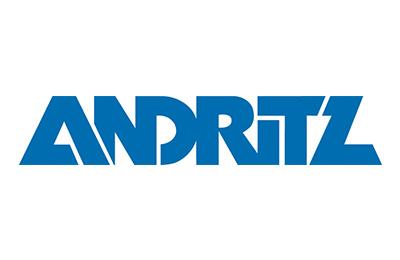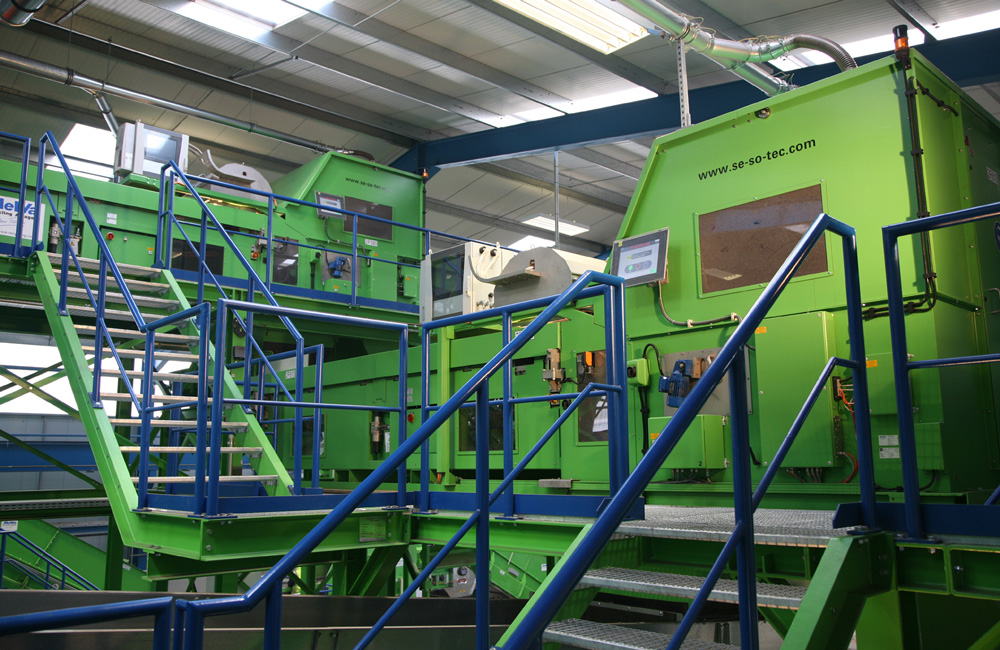Case Studies
Jan 01, 2018 |
Andritz: High-quality plastics from waste electrical equipment

Sesotec has supplied through ANDRITZ MeWa three WEEE-SORT N near infra-red sorting systems for the identification and recovery of high-quality plastics such as ABS , polycarbonate and the recycling of printed circuit boards. "The decision to use Sesotec systems was based on the high output quality of WEEE-SORT systems. Only the most pure fractions can be sold at the best price ", explains Michael Perl, business manager - sorting at Sesotec.

Innovative technology for outstanding value creation
WEEE-SORT N polymer sorters are based on near-infrared technology. At the ANDRITZ MeWa facility these systems operating fully automatically separate different types of plastic pre-crushed electrical waste. The material stream to be inspected reaches the infra-red detector spread across a fast-running conveyor belt and at this point the position and type of plastic is identified. Then depending on which types of plastic have been selected for separation but the user unwanted types are accurately and precisely removed by a precision air blast ejection system mounted at the end of the conveyor belt.
One of the three WEEE-SORT systems has a colour sensor combined the infra-red unit which provides a combined sorting process based on both colour and polymer type.
Recycling materials is cost effective and environmentally friendly
Sesotec WEEE-SORT N polymer separators operate with high throughput capacities and the sorting belt runs at up to 3m/sec. Air-blast valves, specifically developed for this application, keep the loss of good material to an absolute minimum. For WEEE recycling WEEE-SORT systems are a cost effective solution for the reclaiming of high-quality plastic and pcb fractions. The resulting pure plastics can be profitably returned to the production cycle , and valuable metals can subsequently be reclaimed from the separated printed circuit boards.
Flexible and future-proof solutions provided by Sesotec
Says Michael Perl, business manager - sorting technology at Sesotec: "Recycling companies that produce clean, economically-priced material have a tremendous competitive advantage. The outstanding flexibility of WEEE-SORT systems makes them ideal for the sorting of electrical waste.
The markets for recycled materials are rapidly changing especially in the field of electrical waste, and since quality requirements for recycled materials are high, and recycled material has to compete with the price of new materials, the WEEE-SORT sorting system with its flexibility is a future-proof investment: the technologies employed and the techniques used are highly sophisticated and provide high-purity material fractions."





